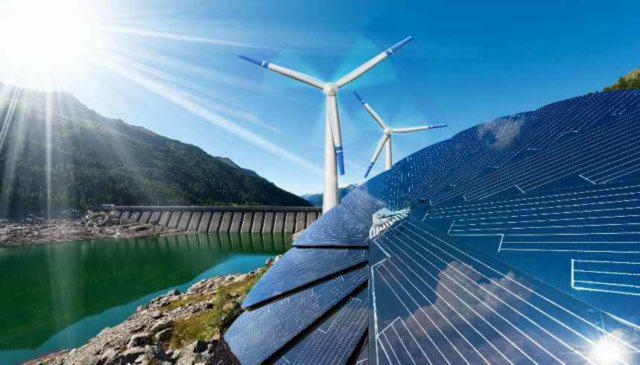By Thuita Gatero, Managing Editor, Africa Digest News. He specializes in conversations around data centers, AI, cloud infrastructure, and energy.
When we talk about energy in Nigeria, the headlines focus on megawatts and infrastructure. But the real game-changer is the deal structure behind these projects. How governments and private companies organize these deals determines who bears the risk, who makes the money, and who actually benefits.
1. Concession Agreements
A concession is essentially a long-term lease. A private company invests and operates a project for a set period often 20–30 years, before potentially handing it back to the government. The government provides regulatory clarity, ensures permits, and sometimes guarantees revenue through minimum purchase obligations.
- Example: The Ikere Gorge Hydropower Project in Oyo State operates under a 30-year concession. The private investor funds construction and handles day-to-day operations while the state ensures policies are favorable and risks are minimized.
- Practical impact: Investors get predictability; the government avoids upfront capital expenditure; communities get reliable energy.
2. Build-Operate-Transfer (BOT)
BOT deals are similar to concessions but with a twist: the private company builds the asset, operates it to recover costs and make profit, then transfers ownership to the government after the agreed period.
3. Joint Ventures (JVs)
In joint ventures, the private firm and the government own equity together, sharing profits, costs, and risks. This model encourages collaboration and ensures the public sector has a stake in project success.
- Example: Smaller hydropower initiatives in Nigeria often use JVs, allowing the state to participate in revenue while bringing in private technical expertise.
4. Independent Power Producer (IPP) Agreements
IPPs are essentially private generators that sell electricity to the state utility under power purchase agreements (PPAs). The government doesn’t own the project but guarantees the buyer for the energy produced.
The deal type dictates risk allocation, profit potential, and community impact. In Oyo and Kogi, these structured deals have brought reliable electricity to rural areas, enabling small businesses, farms, and schools to operate efficiently. They also create long-term investor confidence, ensuring more projects can follow.
Read Also: Can Solar Really End Energy Poverty in Africa?
Understanding the deal behind the dam is as important as the megawatts it produces. Done right, private-public energy deals are quietly redefining rural development in Nigeria.



